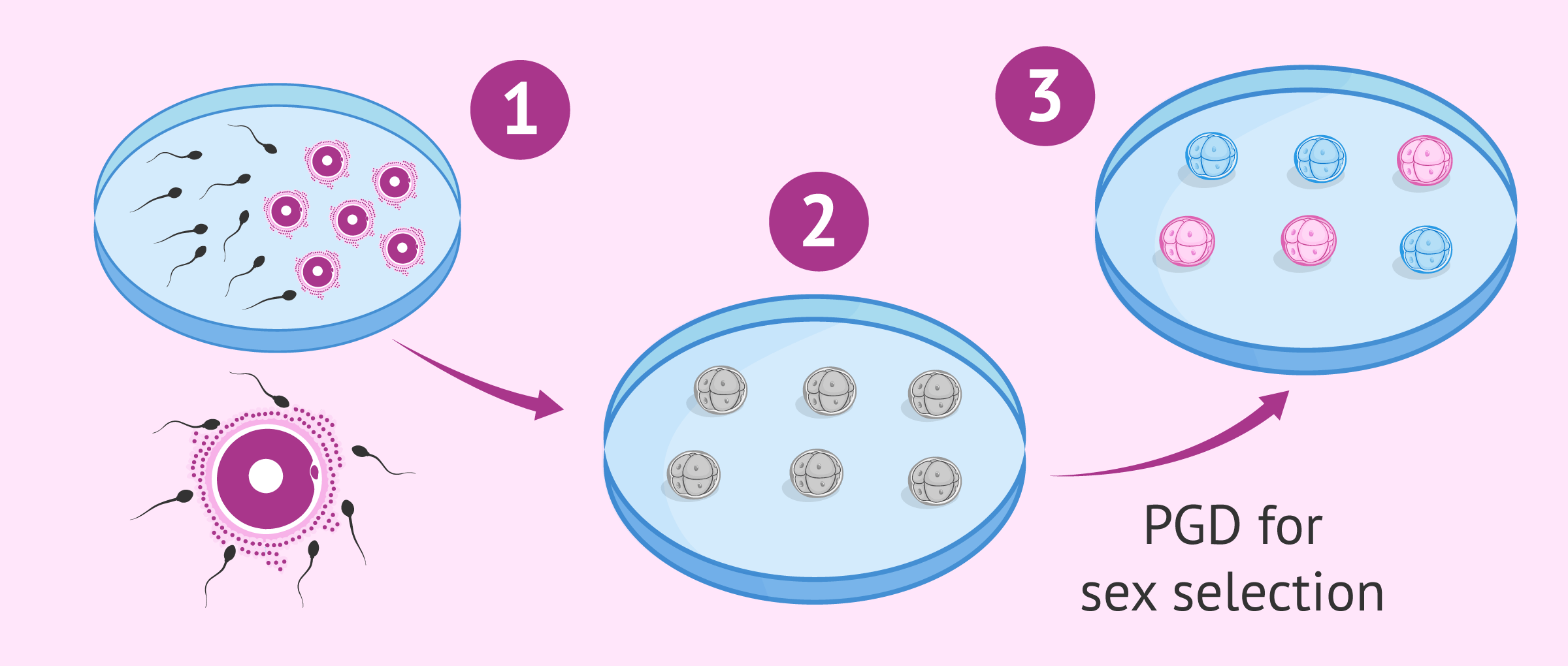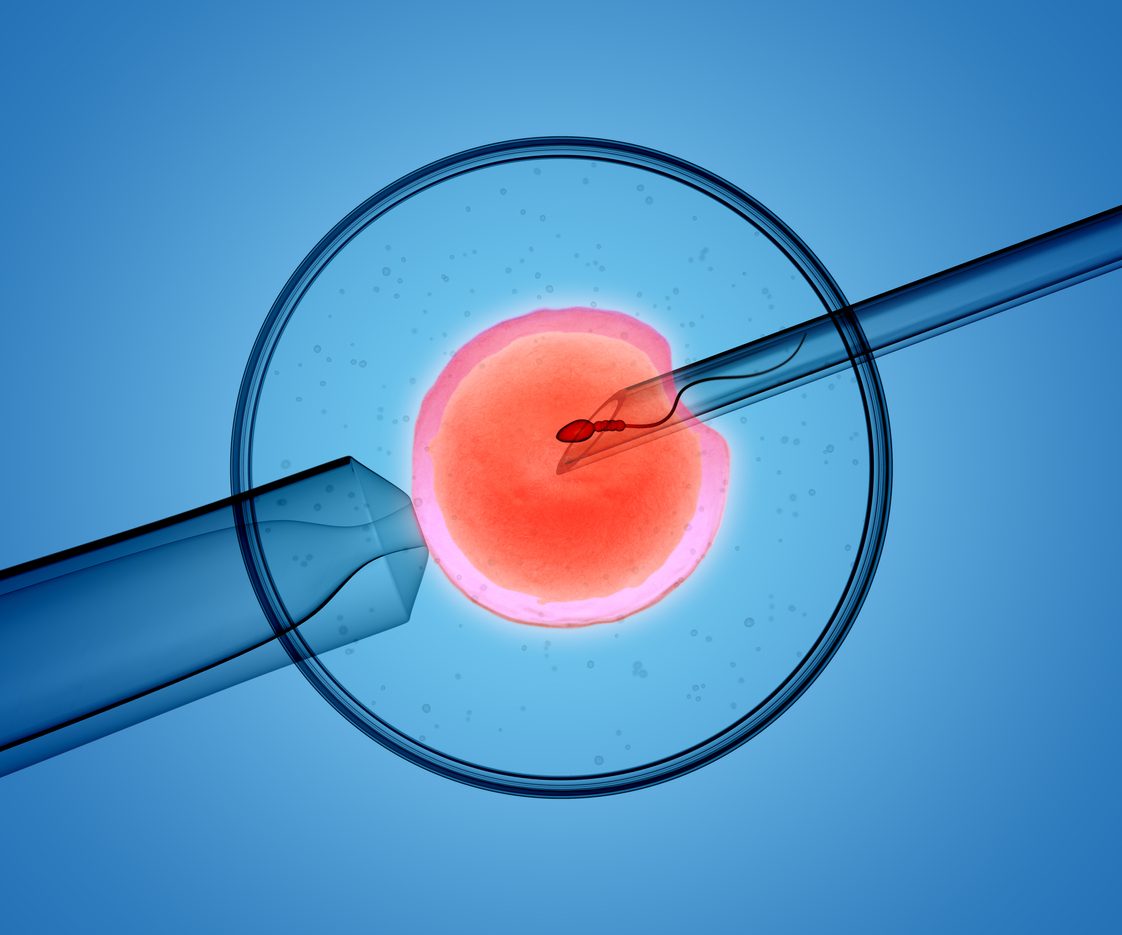In-vitro fertilization (IVF) is a complex medical process that requires a lot of preparation,
both emotionally and financially. While pre-screening before starting treatment is essential,
there are other things that you can do to improve your chances of a successful IVF cycle. In
this article, we will discuss some tips and recommendations that can help make your IVF
journey a success.
One of the most important things you can do to prepare for IVF is to improve sperm health.
This can be achieved by avoiding environmental factors that can damage sperm, such as
smoking, heat exposure, heavy exercise, and exposure to toxicants or certain drugs.
Additionally, you can reduce stress levels, maintain a healthy body weight through exercise,
and eat a healthy diet.
Another important aspect of preparing for IVF is to add supplements to your diet. Vitamin D
is essential for healthy IVF outcomes, and it is important to check your Vitamin D level to
ensure you are not deficient. Prenatal vitamins are also commonly recommended when
trying to become pregnant, and supplements such as CoQ10 and DHEA are believed to
improve egg quality.
Maintaining a healthy weight is also crucial when preparing for IVF. An unhealthy body mass
index (BMI) can affect pregnancy rates, increases the risk of miscarriage, and may result in
poor outcomes with IVF. Speak to your doctor about what a healthy BMI is for you and work
to achieve it before trying to get pregnant.
Managing stress levels is also important when preparing for IVF. Stress can affect overall
health and can interfere with conception and IVF success. Practice stress-relieving activities
and maintain healthy sleep habits to reduce the impact of stress on your body.
Another important factor to consider when preparing for IVF is to monitor your caffeine and
alcohol intake. Excessive caffeine can affect your ability to conceive during your IVF cycle, so
it’s best to reduce or eliminate caffeine intake when preparing for treatment.
Lastly, it is essential to evaluate your current medications when preparing for IVF. Some
medications may interfere with fertility drugs or cause hormonal imbalances, so it is
important to speak with your IVF physician about any medications you take. Make a list of all
the medications you are taking and bring it to your initial consultation to ensure that your
treatment plan is tailored to your specific needs.
Starting an IVF cycle can be a daunting process, but it is important to remember that you are
not alone. Your IVF team is there to provide guidance, support, and care throughout the
journey. By following these tips and recommendations, you can improve your chances of a
successful IVF outcome and take an important step towards starting a family.





